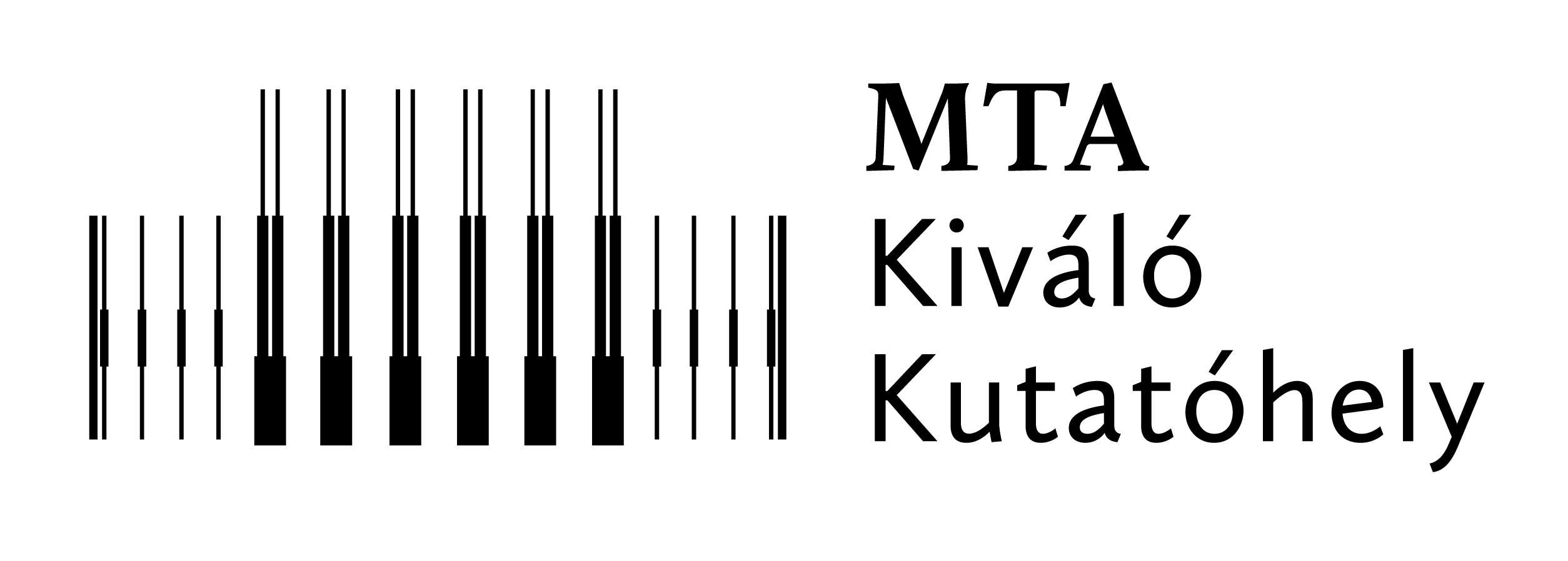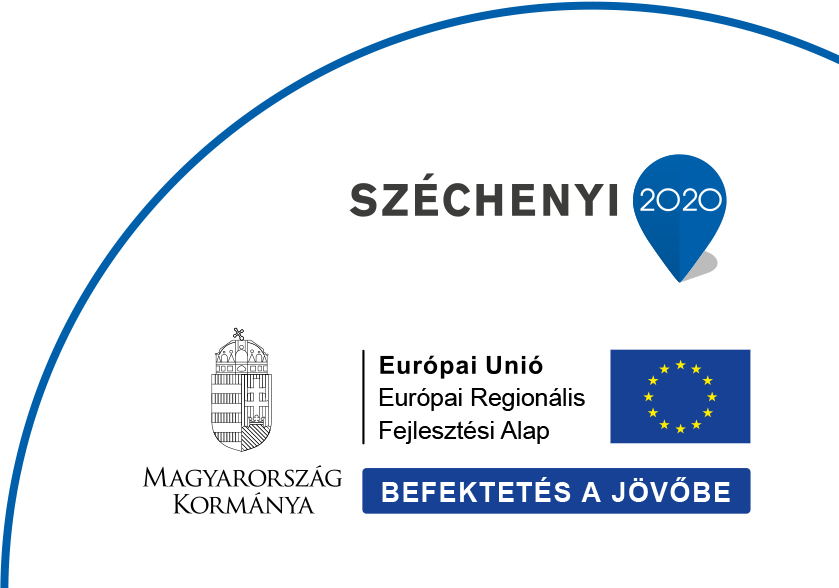A párizsi Sorbonne Egyetem fizikaprofesszora, Mathieu Micoulaut lesz a Wigner Kollokvium sorozat következő, meghívott előadója.
A Wigner Kollokvium a Wigner Fizikai Kutatóközpont kiemelt szemináriumsorozata, melynek előadóit szakterületük legkiválóbb kutatói közül hívjuk meg a világ minden tájáról. A rendezvénysorozat célja, hogy kollégáink, és az érdeklődő szakmai közönség első kézből kaphasson ismereteket a legnevesebb előadóktól.
Mathieu Micoulaut fő kutatási területei az anyagtudomány területén:
1. Merev-plasztikus fázisátmenet
2. Nemkristályos anyagok atomi szerkezete és középtávú rendje. Alkalmazás magmákra (szilikátokra, alumino-szilikátokra), vas nanoszerkezetekre, kalkogenid fázisváltó ötvözetekre. Szemcsés gázok elmélete és annak mérnöki alkalmazásai. Folyadékok, üvegek, folyadék-üveg átmenet (és az összetétel hatása a folyadék-üveg átmenetre).
3. Relaxáció, merev és plasztikus üvegek, üvegesedési hőmérséklet, szilárd elektrolitok.
Legkiemelkedőbb publikációi:
(A teljes publikációs listája az alábbi oldalon érhető el: http://www.lptl.jussieu.fr/user/mmi)
1. Evidence for anomalous dynamic heterogeneities in isostatic supercooled liquids M. Micoulaut, M. Bauchy, Physical Review Letters 118, 145502 (2017)
2. Revealing the crucial role of molecular rigidity on the fragility evolution of glass-forming liquids, C. Yildirim, J.-Y. Raty, M. Micoulaut, Nature Communications 7, 11086 (2016)
3. Densified network glasses and liquids with thermodynamically reversible and structurally adaptive behavior, M. Bauchy, M. Micoulaut, Nature Communications 6, 6398 (2015)
4. Quantitative measure of tetrahedral-sp3 geometries in amorphous phase change alloys, M. Micoulaut, K.Gunasekera, S. Ravindren, P. Boolchand, Physical Review B 90, 094207 (2014).
5. Compositional thresholds and anomalies in connection with stiffness transitions in network glasses, M.Bauchy, M. Micoulaut, M. Boero, C. Massobrio, Physical Review Letters 110, 165501 (2013).
Bővebb információk az előadásról:
Cím: Rigidity transitions in network glasses
Dátum: 2022 március 1., 14:00
Helyszín: 1-es épület, Tanácsterem és online: https://wigner-hu.zoom.us/j/99986198653?pwd=elpKaGRaMVpmbGFGNGxLZFRrVGt…
Meeting ID: 999 8619 8653
Passcode: 304942
Összefoglaló:
If crystallization can be avoided during cooling, a liquid will display a substantial increase of its viscosity, and will form a glass that behaves as a solid with a relaxation time that grows exponentially with decreasing temperature. Given this ‘off-equilibrium’ nature, a hysteresis loop appears when a cooling/heating cycle is performed across the glass transition.
We will discuss this salient phenomenology in the context of flexible-to-rigid transitions by using molecular dynamics simulations. We find that for certain systems, minuscule thermal changes are found and reveal glasses of ‘thermally reversible’ character with optimal volumetric or enthalpic recovery. The analysis of the topology of the atomic network structure shows that corresponding liquids adapt under increasing stress. The analysis of the dynamic behaviour indicates that the structural relaxation time is substantially reduced in these adaptive liquids, and also drives the reversible character of the glass transition. Ultimately, the results substantiate the notion of stress-free (Maxwell isostatic) rigidity in disordered molecular systems, while also revealing new implications for the topological engineering of e.g. phase change materials.



